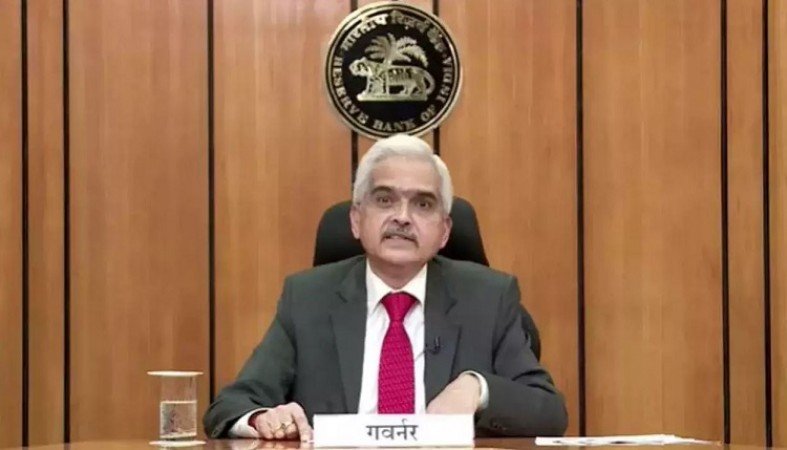
In a major turn of events, rate-sensitive sectors including banking, automobile, and real estate encountered substantial losses in intraday trading on Wednesday, October 4th, defying widespread predictions that the Monetary Policy Committee (MPC) of the Reserve Bank of India (RBI) would retain the prevailing interest rates and policy stance.
The three-day RBI MPC meeting, which commenced on Wednesday, is poised to unveil its verdict this Friday, October 6th.
During Wednesday's trading session, Nifty Bank, Private Bank, PSU Bank, Auto, and Realty indices each witnessed declines exceeding one percent, while the equity benchmark Nifty 50 also recorded a nearly one percent drop.
Investor sentiment appears cautious ahead of the impending RBI MPC meeting outcomes. Furthermore, the surge in US Treasury yields and the strengthening dollar have exerted additional downward pressure on market sentiment. Foreign capital outflows represent another factor contributing to the prevailing market unease.
Data from the National Securities Depository Limited (NSDL) reveals that foreign institutional investors (FIIs) divested Indian equities amounting to Rs,14,768 crore in September and Rs,2,868 crore in October thus far.
RBI Poised to Maintain Status Quo
Experts widely anticipate the central bank's decision to uphold the status quo, maintaining its hawkish policy stance on October 6th.
Barclays expressed their view, stating, "The RBI will have little reason to alter the present policy framework, and we anticipate the MPC to retain the repo rate at 6.5 percent during the October 6th meeting." They pointed to factors such as diminishing core inflation, consistent economic activity, and the potential for supply-related price shocks, all of which provide scant impetus for a policy shift.
Sabnavis echoed this sentiment, stating, "Considering the RBI's inflation forecast, it is likely to remain above 5 percent in Q3, ensuring that the status quo persists for the calendar year and potentially extends into Q4."
Balancing Inflation and Economic Growth
While the RBI's primary objective remains curbing inflation, it is equally mindful of not impeding India's economic growth.
Experts highlight that domestic inflation surged to 7.4 percent in July before moderating to 6.8 percent in August, with expectations of a further decline to around 5.5 percent by December. However, it remains comfortably above the 4 percent target and is projected to persist at these elevated levels for several quarters.
The global landscape introduces additional complexities, marked by shifting trade dynamics, nascent global demand, fluctuations in commodity prices, pandemic recovery efforts, and geopolitical tensions. The latter includes elevated inflation, deteriorating financial conditions, the Russia-Ukraine conflict, and mounting economic fragmentation. The financial system confronts challenges arising from heightened inflation, rising interest rates, and strains in financial markets, as noted by Infomerics Ratings.
RBI Extends Deadline for Exchanging ₹2,000 Notes to October 7
Indias Economic Overview Current Account Deficit Narrows in Q1 202324 External Debt Grows